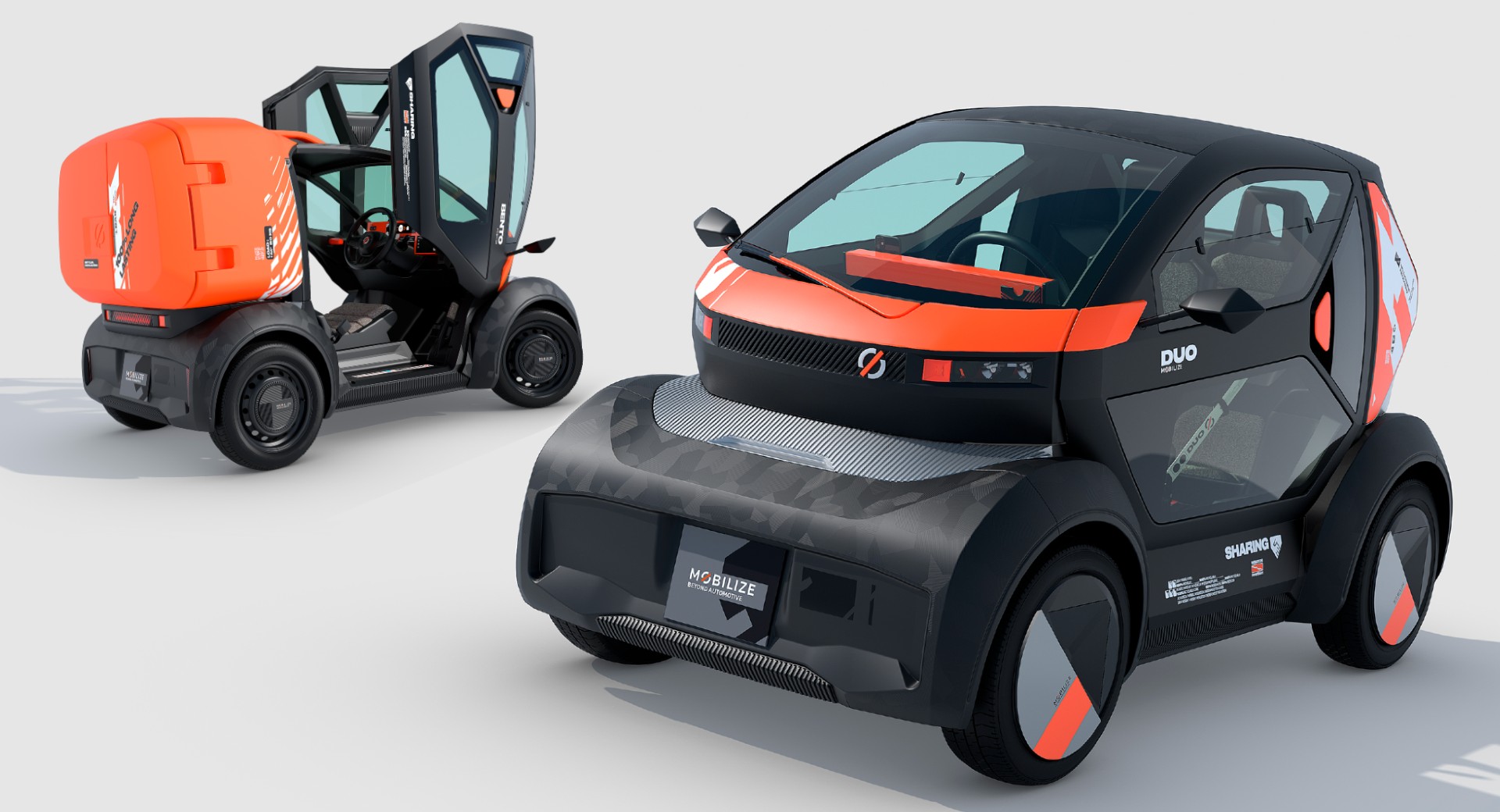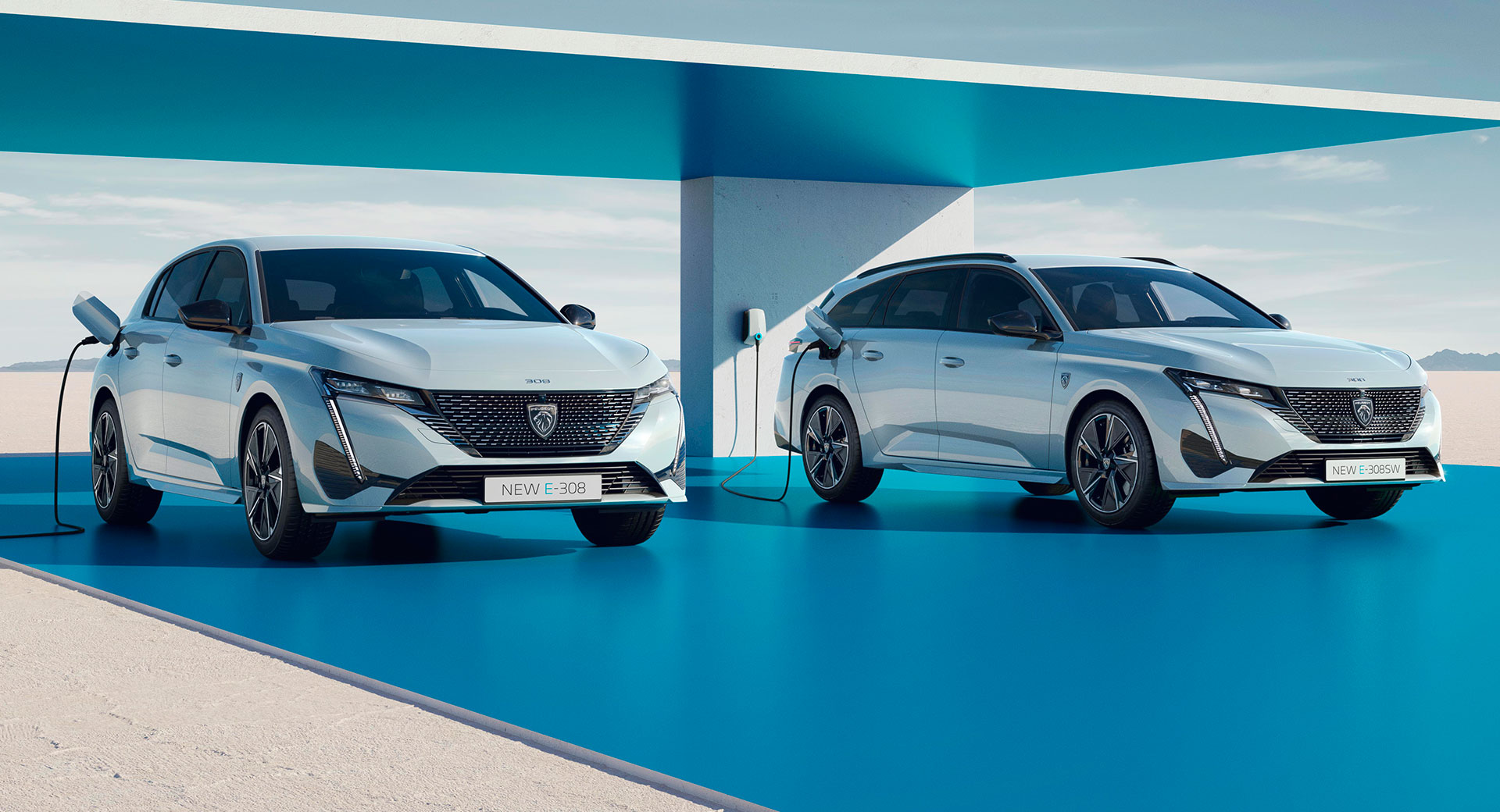French President Emmanuel Macron announced a new scheme for electric vehicle subsidies, prioritizing lower-income households that want to step into the electric era.
More specifically, EV subsidies for lower-income families in France will rise to €7,000 ($6,890) and fall to €5,000 ($4,924) for all other buyers, instead of the standard €6,000 ($5,908) that currently applies to all EV buyers. This change will help sustain the prices of electric models amidst the rising costs of raw materials like cobalt, lithium, and nickel. For a good measure, the China-built Dacia Spring, the cheapest electric car in France, has seen its price rise by 11 percent in 2022.
See Also: France Thinks Europe Should Offer Biden-Style Subsidies To EU-Built EVs
Additionally, low-income families will soon have access to a new “social leasing” program, allowing them to lease an EV for as low as €100 ($98) per month. Pre-orders for the cheap leasing will start in the second half of 2023, with the first deliveries scheduled for early 2024.
More French-Made EVs Are Coming
Speaking to the French newspaper Les Echos, Macron said: “We have an industrial strategy in place for people to buy more and more French cars”. The President hopes for a local production of 2 million EVs in 2030, stating that France “must wake up” in order to compete with the US or China.
As reported by Automotive News Europe, the only EVs that are currently produced in France are the Renault Zoe, Megane E-Tech, Kangoo E-Tech, Opel Moka-e, and the DS 3 E-Tense, with all other models assembled elsewhere. This is subject to change in the future as both Renault Group and the French arm of Stellantis (Peugeot, Citroen, DS) plan on producing more vehicles in France.
Starting in 2024, the Renault 5 supermini and the next-gen Renault Scenic E-Tech will be produced in Douai alongside the Megane E-Tech. In 2025, the Renault 4 will be produced in Maubeuge alongside the Kangoo E-Tech. As for Stellantis, its CEO, Carlos Tavares, said that their French-made EVs will soon double from six to 12, adding that “We said that Stellantis was going to protect the European and particularly French automotive industry”.






